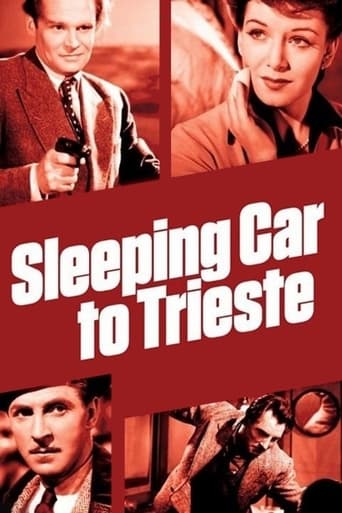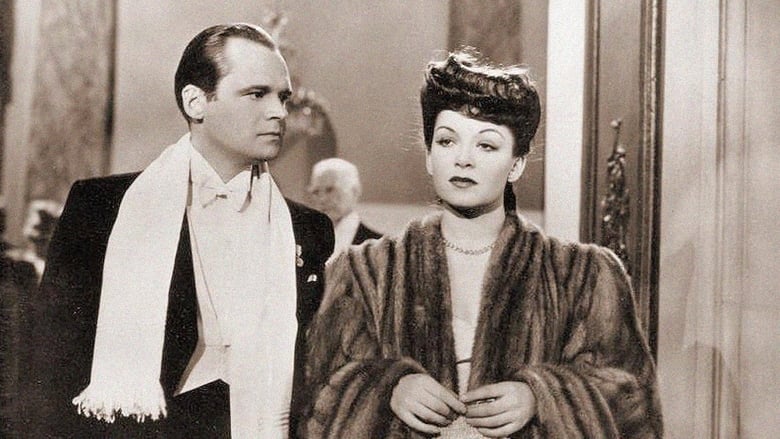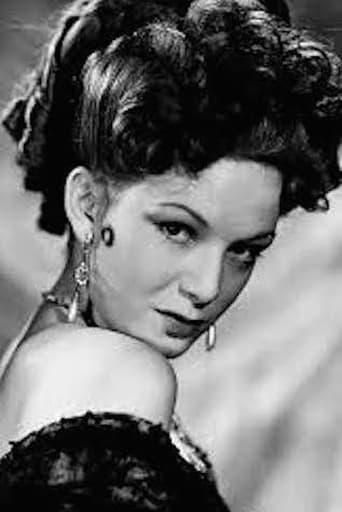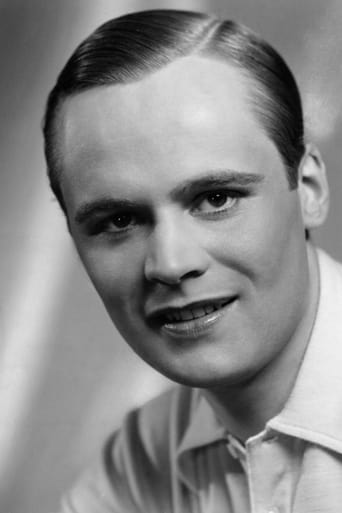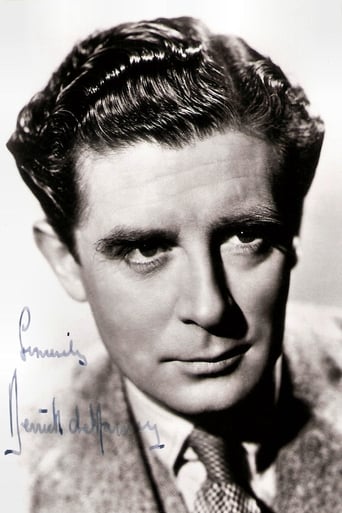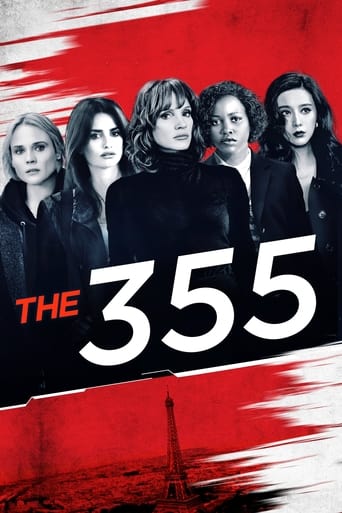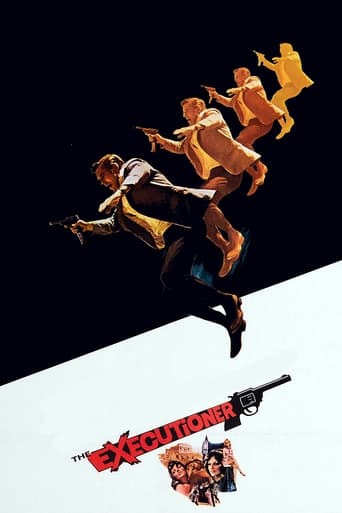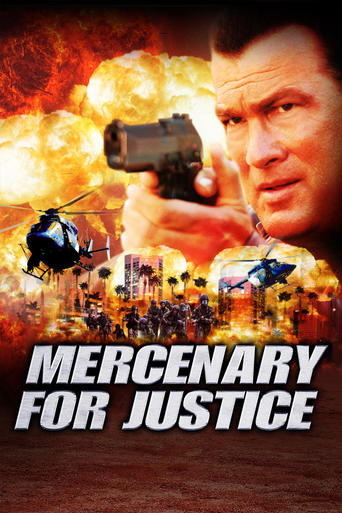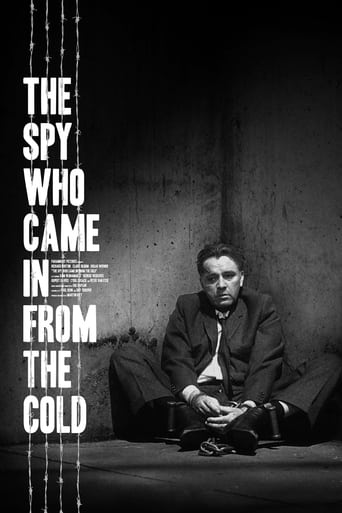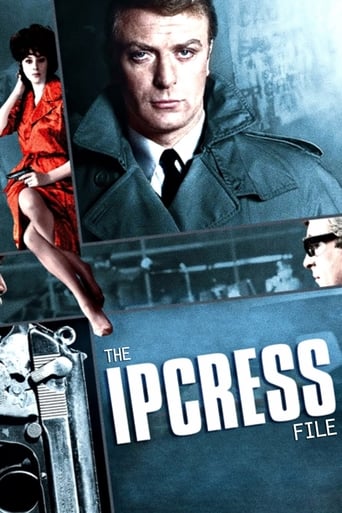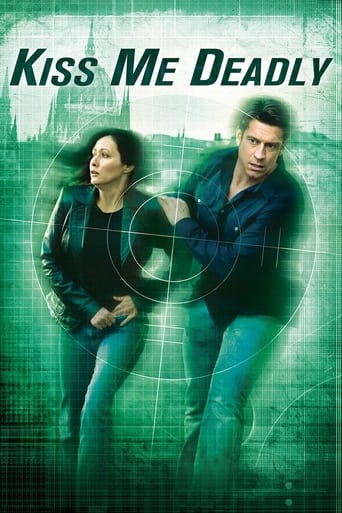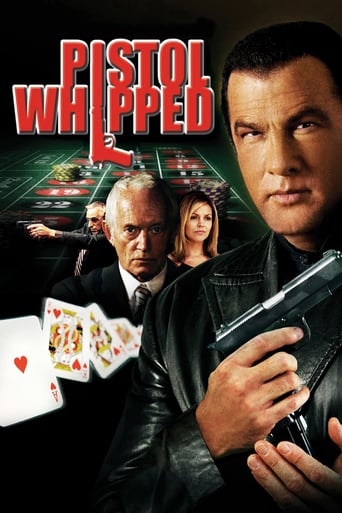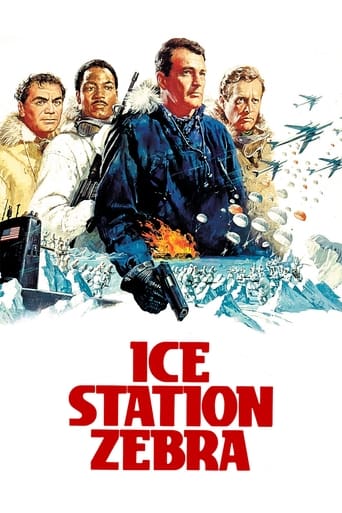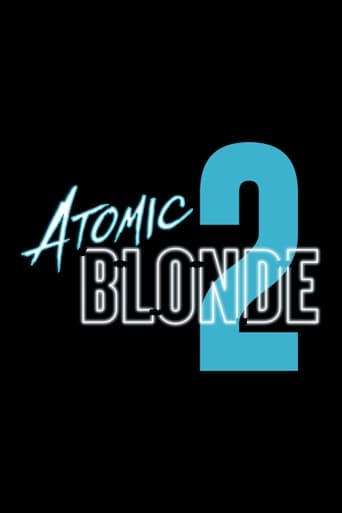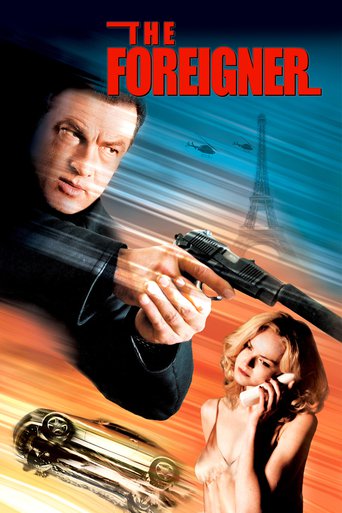Sleeping Car to Trieste (1948)
Spies pursue a stolen diary aboard the Orient Express.
Watch Trailer
Free Trial Channels
Cast


Similar titles
Reviews
This is a tender, generous movie that likes its characters and presents them as real people, full of flaws and strengths.
Entertaining from beginning to end, it maintains the spirit of the franchise while establishing it's own seal with a fun cast
Watch something else. There are very few redeeming qualities to this film.
Mostly, the movie is committed to the value of a good time.
This is a remake of 1932's Rome Express, which is a far better film and stars the seedy and sinister Mr Dane Calthrop. This version is slow and plodding, and the humour is mainly heavy handed. There is an unnecessary subplot about an Englishman trying to explain English cookery to a French chef (I'm not going back to the Good Old Days - I remember that food).Best things about this version are David Tomlinson as the old schoolfriend who turns up inappositely, and Hugh Burden as the put-upon secretary. The McGuffin is a diary containing secrets that might start a war with an unspecified country, rather than a stolen painting. The adulterous couple are sexless as only the English can be. Jean Kent is always worth watching, but whoever designed her frumpy wardrobe should be condemned to selling long underwear in British Home Stores. That hat with the two horns - or are they ice cream cones? There is a subplot about two French girls who are smuggling model hats, and they are rather good, as is Bonar Colleano as a wisecracking American soldier. His wisecracks really are funny. His mate the birdwatcher is good, too.But overall - it's as stodgy as an English suet pudding.
Albert Lieven (Zurta) and Jean Kent (Valya) pursue Alan Wheatley (Karl) aboard the Orient Express. The object of their attention is a diary which Lieven must recover and leave the train with before he reaches Trieste.The film needed to go in either the comedy direction or the thriller direction. As it goes, it combines both which is frustrating. The final moments on the train are quite shocking given the rather lame humour which we have been fed during the previous hour and forty minutes. The ending seems out of place in this otherwise frothy adventure.Most of the actors are irritating. They play comedy roles that never make you laugh, except once – lawyer Derek De Marney (George) comes out with a classic laugh-out-loud moment when he presents his 3 theories of how someone has ended up dead to policeman Paul Dupuis (Inspector Jolif). It's the best moment of the film and we re-winded it twice! The best in the cast are Lieven and Kent, who play it straight and provide the thriller part to the film – the reason to watch it. Some characters are actually completely superfluous to the story – the bird watcher, the GI, the French cook and the British cook. There are too many characters providing comedy parts.As a whole, you watch to see what happens but it gets boring and the Brits speak in that ridiculous posh way that makes you cringe, and it basically helps to portray them as twerps. Not what is required for a good thriller.
This is a rattling good post-war thriller.It features customs duty evasion, adultery, espionage, murder, robbery in fact the screen writers attempted to include almost all the major crimes in their script (apart from sex crimes which were denied by the prevailing film code on film producers).The film is mainly played out on the romantic "Orient Express" with an international cast as it journeys from Paris-Simplon-Venice-Trieste across the Continent of Western Europe.Trains are a favourite location for thriller writers and several famous films were made with them as a backdrop: "The 39 Steps" (1935), "The Lady Vanishes" (1938), and "Night Train to Munich" (1940) all of which I can recommend to 1940s film buffs.I have quite a few films from the 1940s, my favourite era.If fans want to see the principal players from "Sleeping Car to Trieste" cast in leading roles, they should attempt to obtain the following films: Derrick de Marney - George Grant, a younger actor in Hitchcock's "Young & Innocent" (1937), Jean Kent - Valya, still playing rather sadistic roles in "The Browning Version" (1951), Albert Lieven - Zarta, more sympathetic as a portrait painter in "The Seventh Veil" (1945), Paul Depuis - Det.Insp. Jolif, a French Aristocrat in "Madness of the Heart" (1949) & "Passport to Pimlico" (1949), Bonar Colleano - Sgt. West, virtually playing the same role in "The Way to the Stars" (1945), Finalay Currie - Alistair MacBain, such a versatile actor, try the convict in "Great Expectations" (1946) with John Mills, David Tomlinson - Tom Bishop, his best role was as one of the "Three Men in a Boat" (1953).Finally, Alan Wheatley is indelibly imprinted on my memory as the dastardly Sheriff of Nottingham in the 1950s British TV series "The Adventures of Robin Hood" starring Richard Green.The plot without spoilers has already been indicated by other reviewers so I will restrict my comments on the acting.In the main it was very creditable and it has an interesting mix of international stars.The action never lets up but with the 1940s moral code in place, you know the guilty must eventually receive their comeuppance.In todays politically correct climate I am always fascinated by how often actors in these 1940s films light up and drink copious quantities of Scotch.It makes a refreshing change and reminds me of my youth when steam was the norm on railways.I rated it 6/10.P.S. I was born in 1946.
As an American, I am always interested to see how Americans are portrayed in European films, particularly films made prior to WWII and in the years immediately following it.The American in this film is portrayed as a vulgar contrast to the more sophisticated Europeans on board the train. He is a boozing, whistling, skirt-chasing Italian-American GI with a New York accent. (Why are they always from New York?) He is contrasted with the British passengers in two notable ways: First, his passion for the fairer sex is more overt and he comes across as wolfish in his pursuit of the young women in the film. This is contrasted with the discrete way in which the adulterous British couple on board the train are conducting their affair. When the two young French woman spurn his attempts to have a drinking party with them in their sleeping compartment, one says to him "We no longer wish to be liberated!" or words to that effect. This is a revealing statement about how the American military presence in postwar Europe was wearing thin the patience of Europeans.Second, the magazines this American GI reads are prominently displayed so as to ensure that the audience can see them. They are the standard popular American mediocrities of the day: Saturday Evening Post, Life Magazine, etc. This is contrasted with the more scholarly (albeit boring) readings of bird-watching Britisher sharing his compartment.Overall, the American in this film is the stereotypical boorish American so common in European films of this era. His portrayal, however, is not worse than Hollywood's stereotypes of Europeans.Please note that this is not a criticism, but rather an observation. Americans are not singled out for criticism; the film traffics in several stereotypes (the cheapness of Scotchmen, for example) and does so mainly in a vein of comedic irony. Even the British get their own send-ups in this film.

